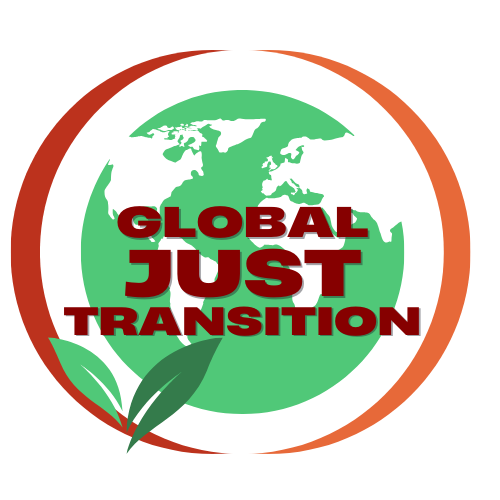The CELAC-EU Summit: which alternatives for a broken economic system?
The fourth Summit of the European Union’s (EU) member states and the 33 countries of the Community of Latin American and Caribbean States (CELAC) has recently been announced to take place in Santa Marta, Colombia on 9-10 November 2025. Key priorities on the agenda will be trade and investment, green and digital transitions, joint efforts to combat organized crime, corruption, drug trafficking, and human trafficking. The Summit will come at a time of heightened global uncertainty, determined also by President Trump’s shifting stances on international development and humanitarian aid, on multilateral institutions and its recent trade tariffs.
In preparation for the Summit, the bi-regional CELAC-EU civil society working group, of which SOLIDAR is a member of, met to develop a joint vision and an advocacy roadmap for a strong bi-regional partnership that puts at its core the promotion of just transitions and fair economic relations, democracy and human rights, care societies and a commitment to a fairer global financial system.
Indeed, in the current context, there are concerns that amid global competition and strategic power struggles, the CELAC-EU relations may become narrowly focused on the EU’s strategic needs—particularly its demand for critical raw materials to fuel its green transition and industrial development. Another concern is the shift in development cooperation. The EU’s Global Gateway is emerging as the sole development’s instrument, with a stronger emphasis on economic and geopolitical objectives while traditional areas such as reduction of poverty and inequality, and the support for human rights defenders and for civil society are seeing significant funding cuts. At the same time, as the EU accelerates negotiations of trade agreements with the region (including Mexico, Chile, and Mercosur) and promotes investment policies aimed at boosting competitiveness, this approach often comes at the expense of reducing corporate obligations under initiatives like the Corporate Sustainability Due Diligence Directive (CSDDD) and the Corporate Sustainability Reporting Directive (CSRD).
As both regions prepare for the Summit, SOLIDAR considers that the EU can offer a reliable and fair partnership to the CELAC countries, a real alternative to the USA or the Chinese models that doesn’t lose sight of human rights, social justice, and sustainable development.
The announced Clean Trade and Investment Partnership (CTIPs) the European Commission will negotiate with several partner countries including few partners in Latin America, may be an opportunity to do so and to develop a common agenda to reduce the gap between trade, development and environmental policies.
SOLIDAR will keep developing its proposals in this direction in view of the forthcoming CTIPs negotiations and of the new bi-regional roadmap to be agreed on at the EU CELAC Summit later in 2025.




